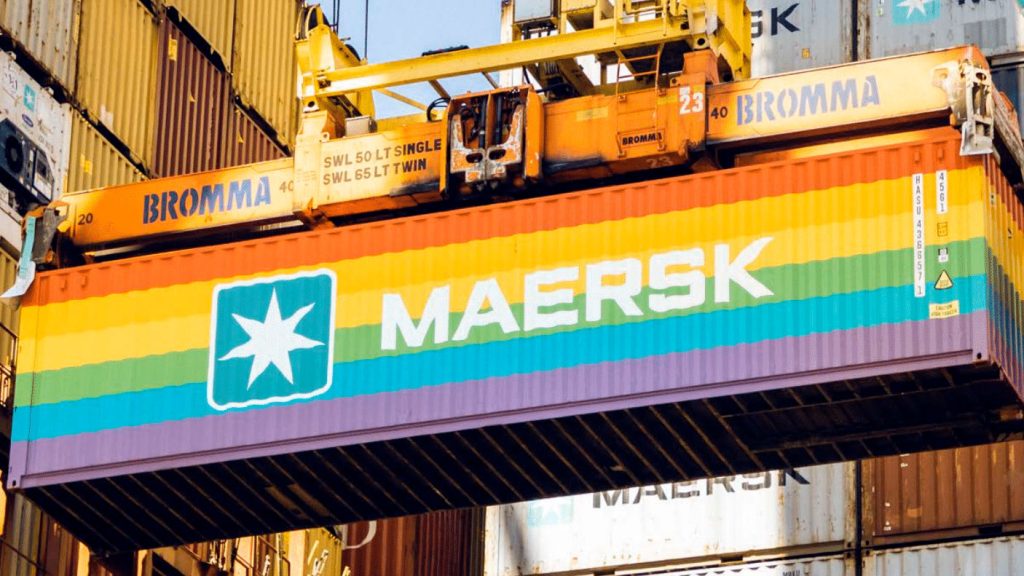How Maersk Management Consulting jumpstarted their diversity and inclusion journey with Living Institute
Since they started working with Living Institute to revamp their recruitment process, Maersk Management Consulting (MMC) has seen a clear shift in the discourse around diversity and inclusion.
MMC, the in-house management consultancy for the shipping giant A.P. Moller-Maersk, boasts an astoundingly diverse team. Diverse not just in nationality – the team of 55 represents more than 20 nationalities across their Copenhagen and Singapore offices – but also in experience level, with consultants fresh out of graduate school standing beside seasoned experts who have worked in the top external management consultancies.
Hiring the best people
MMC, the in-house management consultancy for the shipping giant A.P. Moller-Maersk, boasts an astoundingly diverse team. Diverse not just in nationality – the team of 55 represents more than 20 nationalities across their Copenhagen and Singapore offices – but also in experience level, with consultants fresh out of graduate school standing beside seasoned experts who have worked in the top external management consultancies.
“The fundamental belief for us,” says Jonas Linneberg, Head of Maersk Management Consulting, “is that the more diverse our team can become – in terms of our backgrounds, nationalities, and gender – we will be much better equipped to solve the complex challenges that we are facing in the industry.”
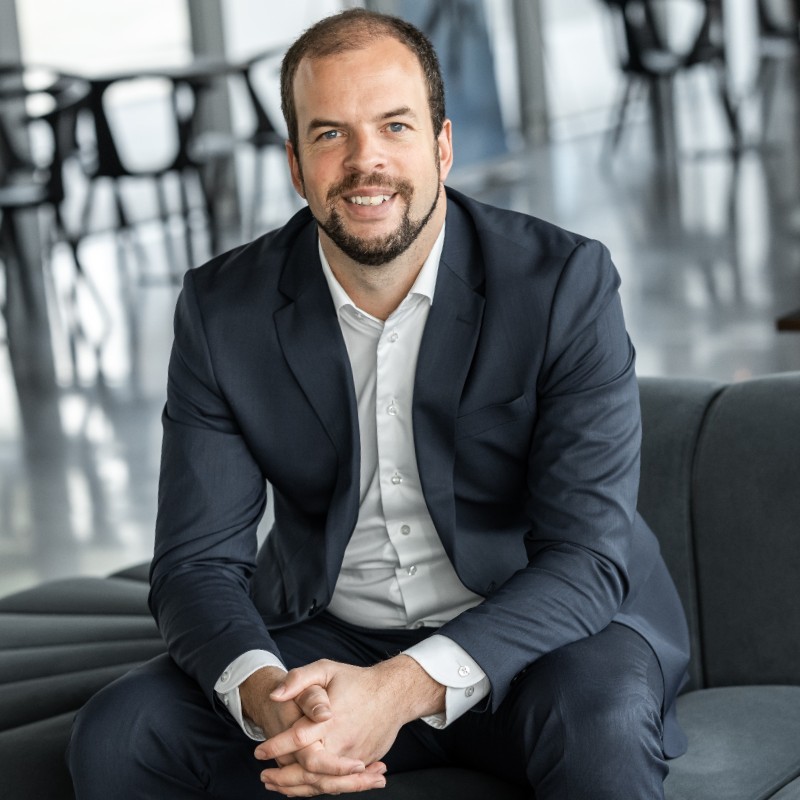
“The fundamental belief for us, is that the more diverse our team can become – in terms of our backgrounds, nationalities, and gender – we will be much better equipped to solve the complex challenges that we are facing in the industry.“
Jonas Linneberg,
Head of Maersk Management Consulting, MMC
For that reason, MMC has a huge focus on recruitment. And to ensure that A.P. Moller-Maersk continues its more than 100-year history of innovation and growth, they must recruit the best.
“Getting into MMC is a long and winding road,” says Jonas. “We conduct at least six interviews with prospective candidates to determine whether they can tackle the kind of complex problems that MMC faces daily.”
But the team at MMC realized they needed help to make sure that they were actually hiring the best – not just who they thought were the best.
“We are experts in a lot of things,” says Ida Marie, Growth Enablement Manager, MMC. “But under-standing unconscious bias, and how to mitigate it, is not one of them.”
That’s where Living Institute stepped in.
Want to learn more about what we do? Read more about our work with DEI here.
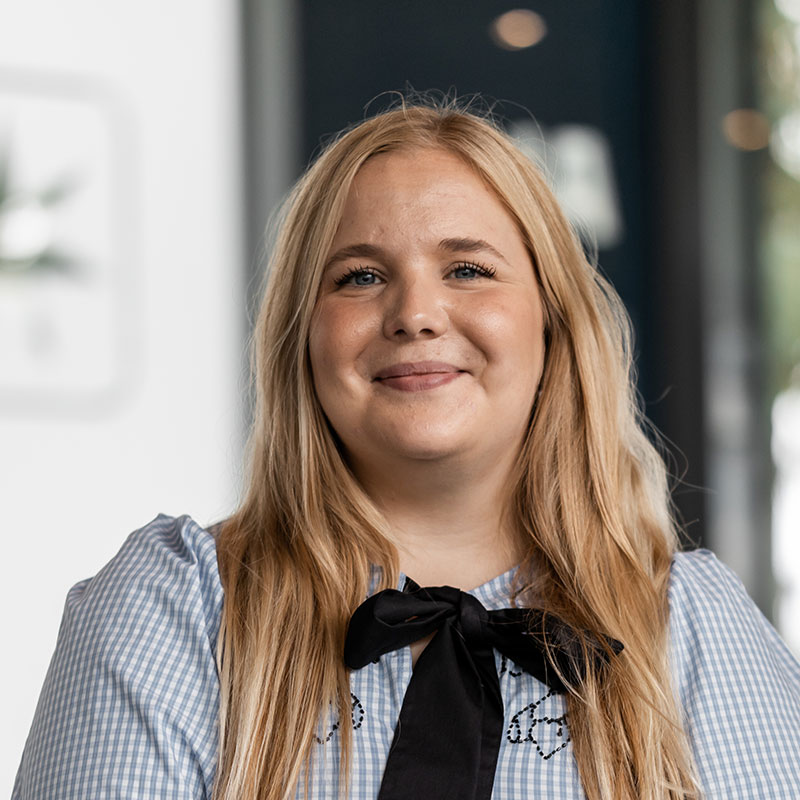
“Before, it was challenging to discuss the topic of diversity and inclusion, but now we have a common language.”
Ida Marie Elgaard,
Growth Enablement Manager, MMC
Rooting out unconscious bias
Checking the engine: MMC had already started its push for diversity, equity and inclusion (DEI) before contacting Living Institute. Despite this, they were having difficulty attracting and retaining female talent.
Some members of the team made a few initial forays into the wilderness that is DEI, such as using a tool for scoring the inclusiveness of their job postings and launching a female mentorship program. Despite the good intentions, these initiatives did not have the desired effect.
“Before working with Living Institute, we did have some conflict and misunderstanding on the topic of DEI. This also stemmed from from a lack of understanding of the power of words” says Jolande Jørnsgård, Senior Consultant at MMC. “We had conversations on why, we needed to balance use of words as “lead” or “ambitious”. Although it made sense, it was very difficult to explain and we were relying on online tools to provide the right answers without knowing, what was under the hood.”
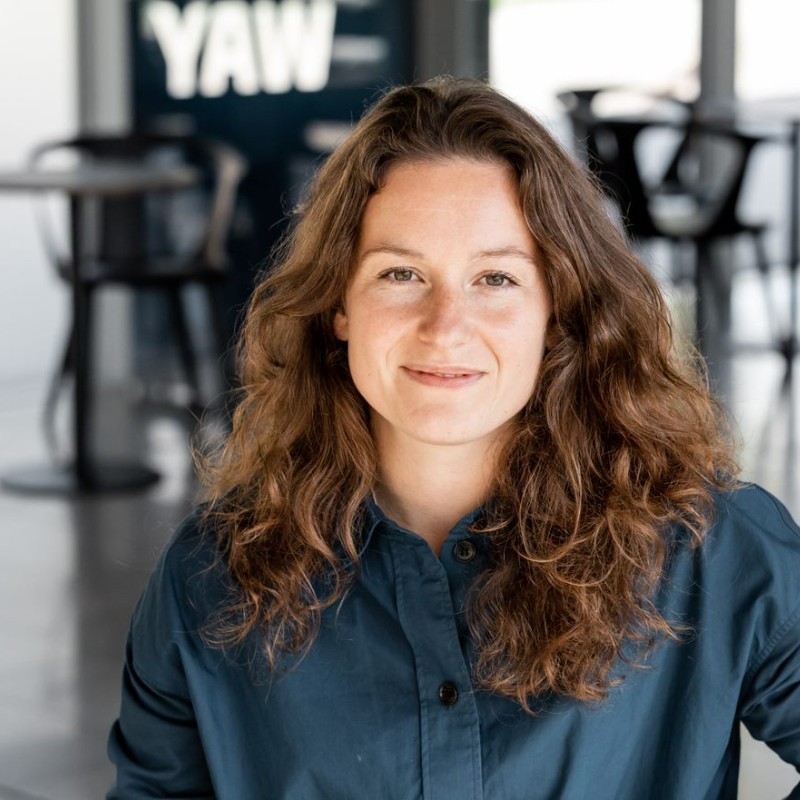
“Before working with Living Institute, we did have some conflict and misunderstanding on the topic of DEI. This also stemmed from from a lack of understanding of the power of words. It legitimized our use of DEI tools and got the team onboard.”
Jolande Jørnsgård, Senior Consultant at MMC
Groupthink was influencing diversity
MMC realized they needed help – so they brought in Living Institute to figure out where they could improve.
“We had a look at our entire recruitment process, from end to end,” says Ida Marie.
After a thorough process of surveying, interviewing, and discussions with MMC, Living Institute identified unconscious bias as the root of many of MMC’s problems – especially in the recruitment process.
“We were a bit prone to groupthink when we were discussing candidates,” says Ida Marie. “This meant that whoever mentioned their opinion first, there was a tendency for the rest of the group to follow that line of thought rather than challenge – especially when under time pressure.”
Fueling up: Revamping recruitment and training leaders
Living Institute ran a series of training, starting with leaders before moving on to the rest of the team. The training focused on defining unconscious bias and identifying strategies for MMC to take to mitigate it.
Such strategies included flagging their biases upfront. “In case there are some characteristics that make us like or dislike or defend candidates without even getting to know them, we now flag this upfront. This is helpful for the rest of the team to have in the back of their minds when we are discussing the candidate,” says Ida Marie.
Introducing the Devil’s Advocate
The training sessions prompted some creativity among the recruitment team to build on the strategies that they had identified with Living Institute. For example, to handle groupthink, the recruitment team now submits their feedback individually through a form before they start to discuss the candidate as a group. They also nominate a devil’s advocate, who challenges the perceptions of the interviewers during the debrief session.
Naturally, there was some resistance when these changes were introduced. “People in the recruitment team obviously asked, are we letting anybody through our process that is not the best? Are we letting the second best or the third best through because that person might provide a more diverse profile to the team?” says Jonas.
But MMC never lost their commitment to attracting the absolute best talent. They were simply widening the pool and sharpening their ability to pick who was the best candidate – without the blinders of unconscious bias.
The right tool for the job: Why MMC chose to partner with Living Institute
A big reason that MMC decided to work with Living Institute was that it had considerable experience in working with other management consultancies, and the unique workplace cultures and personalities involved.
They were also convinced by the partnership approach that Living Institute offered. “It had been my concern from the beginning, that it would be very much an ivory tower exercise,” says Jonas. “That if we didn’t do it in a specific way, it would never work.”
“But Living Institute really tried to see us for who we are in our team and what makes us special.”
MMC is already putting into practice everything that they learned while working with Living Institute, including hiring more women.
The team has now analyzed all their job posts, increasing their inclusiveness scores from 4–52% to 83–89%. MMC now also openly communicates their DEI commitments on their website and have started using multiple screeners in their bi-annual Intern and Business Analyst recruitment rounds, to ensure a more unbiased selection of candidates.
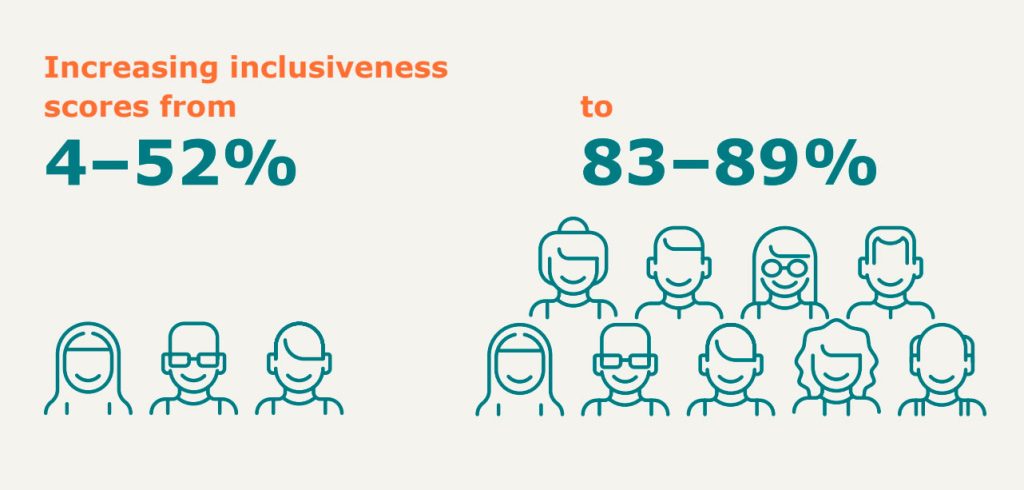
Strong candidates and improved diversity
MMC felt that Living Institute had equipped them with the necessary tools – and knowledge of how to use them – to make the case for DEI within the company.
“We’re seeing super strong applicants, both male and female, with the new job postings,” says Jolande.
An ongoing journey
The MMC team advises other companies who are considering how to improve diversity and inclusion to remember that it is a journey – one they themselves are still on.
They urge companies that taking that first step is crucial. “Be ambitious,” says Jonas. “You need to push yourself and your own team because it’s also easy to just keep the status quo and not see the advancement potential you have.”
Want to learn more about what we do? Read more about our work with DEI here.
